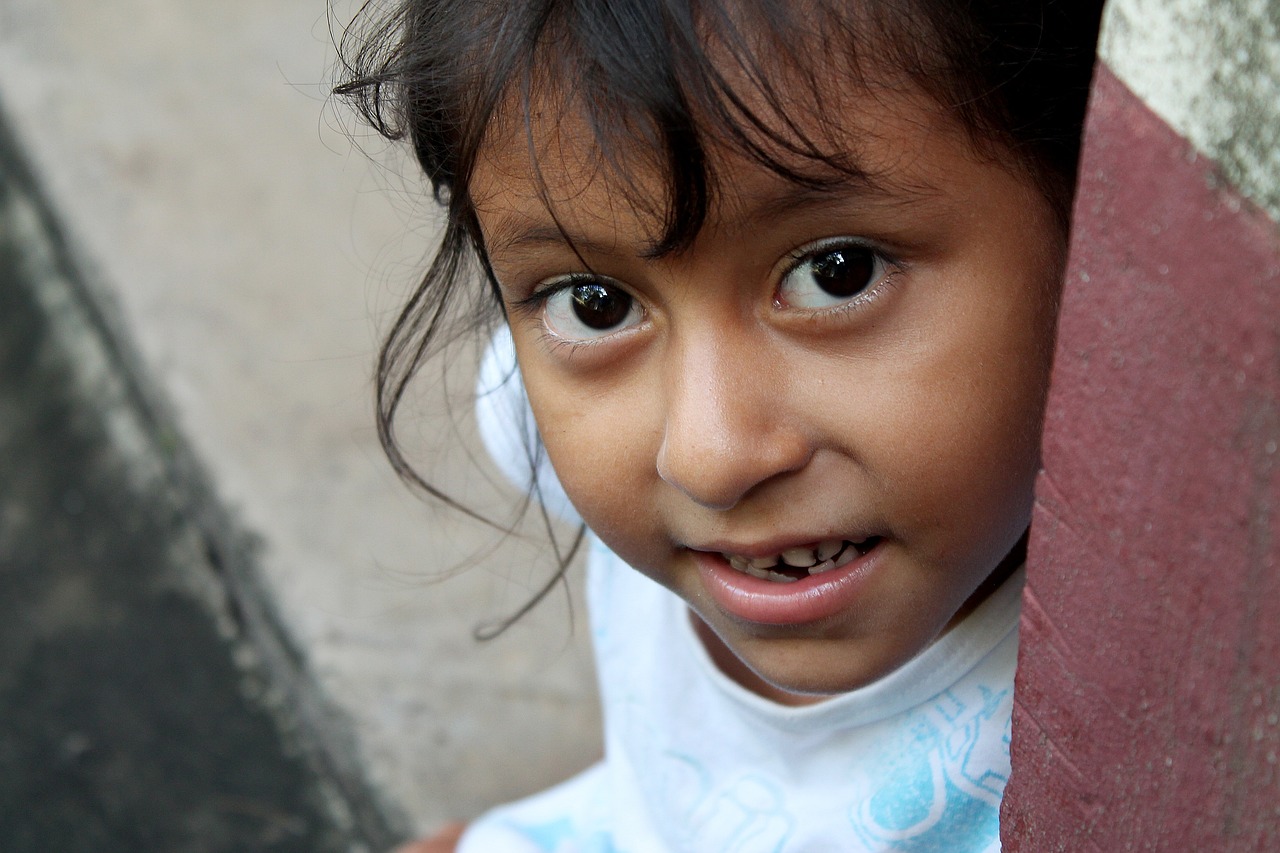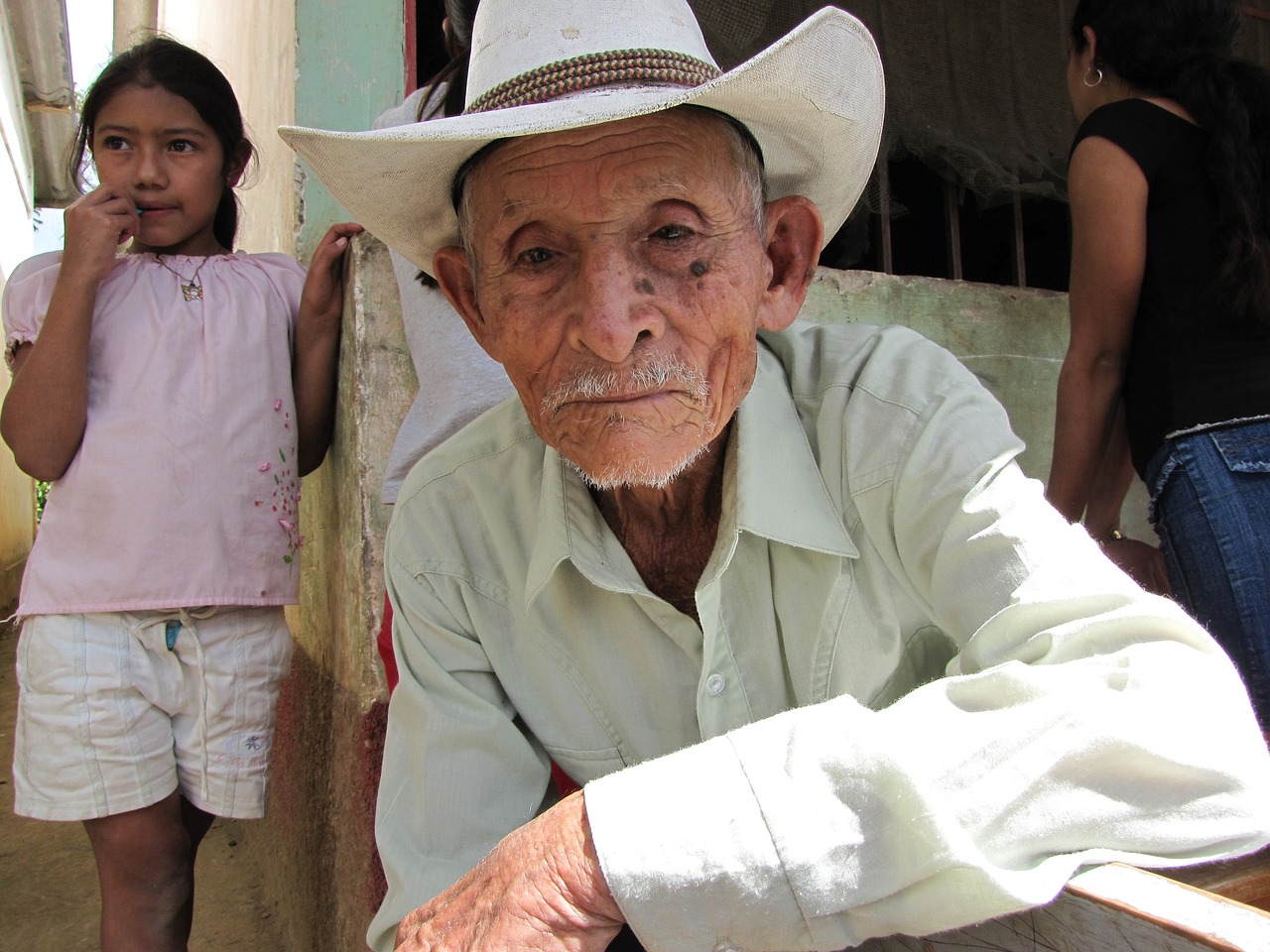Honduras Video
Emergency Services: What to Know While in Honduras
Honduras is a beautiful country located in Central America, known for its stunning landscapes, vibrant culture, and warm hospitality. While visiting Honduras, it’s essential to be aware of the available emergency services to ensure your safety and well-being. This article will provide you with detailed information about the emergency services in Honduras, including contact numbers, locations, and important tips to remember in case of emergencies.
Medical Services
When it comes to medical emergencies in Honduras, it’s crucial to know the contact information for hospitals and clinics. Here are some important points to remember:
- Emergency Contact Number: In case of a medical emergency, dial 911 or 195 from any phone in Honduras.
- Hospital Escuela: Located in Tegucigalpa, Hospital Escuela is one of the largest public hospitals in the country. It provides emergency medical services and specialized care.
- Clinica Esperanza: This clinic, located in Roatán, offers medical services to both locals and tourists. It has English-speaking staff and provides primary healthcare and emergency services.
- Private Hospitals and Clinics: Honduras also has several private hospitals and clinics that offer high-quality medical services. Some well-known private hospitals include Hospital CEMESA in San Pedro Sula and Hospital La Clinica in Tegucigalpa.
- Travel Insurance: It’s highly recommended to have travel insurance that covers medical emergencies while in Honduras. Ensure that your insurance provider has a network of hospitals and clinics in the country.
Police and Security Services
In case of any security concerns or emergencies requiring police assistance, it’s important to know the following:
- Emergency Contact Number: To reach the police in Honduras, dial 911 or 199 from any phone.
- Tourist Police: Honduras has a specialized tourist police force that provides assistance and security to tourists. They are trained to handle situations involving tourists and can provide information and guidance.
- Police Stations: Major cities and towns in Honduras have police stations where you can report incidents or seek assistance. It’s advisable to know the location of the nearest police station to your accommodation.
- Personal Safety: While in Honduras, it’s important to take necessary precautions to ensure personal safety. Avoid walking alone at night, especially in unfamiliar areas, and be cautious of your surroundings.
Fire and Rescue Services
In the event of a fire or any other emergency requiring rescue services, it’s vital to know the following:
- Emergency Contact Number: Dial 911 or 198 in case of a fire or rescue emergency.
- Honduran Fire Department: The Honduran Fire Department is responsible for firefighting and rescue operations. They have stations in major cities and towns across the country.
- Fire Safety Precautions: To prevent fires, ensure that your accommodation has working smoke detectors and fire extinguishers. Familiarize yourself with the emergency exits in your hotel or rental property.
Ambulance Services
In case of a medical emergency requiring immediate transportation to a hospital, it’s important to know about ambulance services in Honduras:
- Emergency Contact Number: Dial 911 or 195 to request an ambulance in Honduras.
- Public Ambulance Services: The Honduran Red Cross provides ambulance services in the country. They have trained paramedics who can provide emergency medical care during transportation.
- Private Ambulance Services: There are also private ambulance services available in Honduras, such as Ambulancias Medicas de Honduras. These services may have additional facilities and equipment.
Consulates and Embassies
If you find yourself in a situation requiring assistance from your home country’s government, it’s essential to know the location of your nearest consulate or embassy:
- Embassy Contact Information: Before traveling to Honduras, make a note of the contact information for your country’s embassy or consulate. This information can usually be found on the official government website.
- Consular Services: Embassies and consulates provide various consular services, including assistance in case of lost passports, legal issues, or emergencies involving their citizens.
- Emergency Contact: If you require immediate assistance outside regular office hours, most embassies have an emergency contact number that you can call.
Natural Disasters
Honduras is prone to natural disasters such as hurricanes, earthquakes, and floods. It’s important to be prepared and informed about the necessary precautions:
- Emergency Alerts: Stay updated with local news and weather alerts to be aware of any potential natural disasters. Follow the instructions provided by local authorities.
- Evacuation Plans: Familiarize yourself with evacuation routes and procedures in case of a natural disaster. Your accommodation or hotel staff can provide you with this information.
- Emergency Supplies: Keep a stock of essential supplies like food, water, medication, and flashlights in case of emergencies or natural disasters.
Honduras Image 1:

Tourist Assistance Centers
Honduras has tourist assistance centers that can provide information, guidance, and support to tourists:
- Centro de Atención al Turista (CAT): CAT is a tourist assistance center located in popular tourist destinations such as Tegucigalpa, San Pedro Sula, and Roatán. They provide information about attractions, safety tips, and emergency assistance.
- Language Assistance: CAT centers usually have staff who can communicate in multiple languages, including English, to assist tourists.
- Maps and Guides: These centers offer maps, brochures, and guides to help tourists navigate the country and plan their activities.
Honduras Image 2:

Transportation Services
In case of transportation emergencies or difficulties, it’s important to know about the available services:
- Taxi Services: Taxis are a common mode of transportation in Honduras. It’s advisable to use registered taxis or reputable taxi companies to ensure safety and avoid scams.
- Rideshare Services: Rideshare apps like Uber and DiDi operate in some major cities in Honduras, providing convenient and reliable transportation options.
- Public Transportation: Buses and minibusses are commonly used for public transportation in Honduras. They connect different cities and towns, but it’s important to be cautious of your belongings and personal safety while using public transportation.
Beach Safety
Honduras is known for its beautiful beaches, but it’s important to be aware of beach safety guidelines:
- Swim in Designated Areas: Only swim in areas marked safe for swimming and follow any instructions or warnings provided by lifeguards.
- Rip Currents: Be cautious of rip currents, which can be strong and dangerous. If caught in a rip current, swim parallel to the shore until you escape its pull.
- Sun Protection: Apply sunscreen regularly, wear protective clothing, and stay hydrated while enjoying the beach to avoid sunburn and dehydration.
Honduras Image 3:

Conclusion
By familiarizing yourself with the emergency services available in Honduras, you can ensure your safety and well-being during your visit. Remember the emergency contact numbers, know the locations of hospitals, police stations, and tourist assistance centers, and be prepared for natural disasters. By taking necessary precautions and being informed, you can have a worry-free and enjoyable experience in Honduras.
References
– honduras.com
– redcross.org.hn
– hospitalcemesa.com
– hospital-clinica.com
– travel.state.gov (U.S. Department of State)

